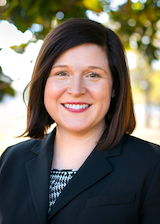 By Dr. Holly Morgan
By Dr. Holly Morgan
Director, UA/UWA Regional In-Service Education Center
Facilitator, PCN West
Reading, writing and arithmetic have been coined as the 3Rs of education since the early 19th century. Although these subjects are still the mainstays of American education, it’s important that we shift our focus to include “the whole child” as we work to support young people fully in the 21st century.
Indeed, in the era of the COVID-19 pandemic, paying attention to the whole child – including children’s social-emotional learning needs – has never been more urgent. Teachers and administrators across Alabama must consider all the factors that have shaped and influenced students and their learning over the past year and in the months to come.
Assuring Our Students Become Resilient Learners
During the 2020-2021 Powerful Conversations Network, participants around the state have explored three new Rs – relationship, responsibility, and regulation – in our study of social-emotional learning. Using the text written by Kristin van Marter Souers and Pete Hall entitled Relationship, Responsibility, and Regulation: Trauma-Invested Practices to Foster Resilient Learners, our intertwined regional networks focused upon these four big ideas during first semester:
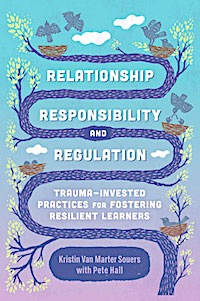 Building a culture of safety for our students
Building a culture of safety for our students- Examining our systems of meaning and identifying implications for actions and behaviors
- Connecting specific student misbehaviors to a need(s) a child might be expressing
- Understanding the concept of our “upstairs and downstairs” brain
During the second half of the year, school teams took a deeper look at each of the three Rs mentioned in Souers and Hall’s text. As a part of their school team action research, each school selected one of the Rs to explore more deeply, including identifying challenges in addressing students’ needs related to their selected R.
Participants discussed these challenges and potential next steps in light of the impact of COVID-19 on teaching and learning. At each region’s final meeting of the year, school teams shared results from their action research.
As the facilitator of ABPC’s Powerful Conversations West Network, I recently had the pleasure of hearing the results of this action research from our 13 school teams.
In such an unprecedented time, these schools exhibited their dedication and desire to continue their own professional learning for the betterment of their students. Most importantly, they put this professional learning into action and transparently shared the results with network members in order to learn from the collective of the group.
What Our PCN West Teams Are Learning
The majority of the PCN West teams selected the first R, “relationships,” as their focus area. Most noted that they selected this area due to the struggle to build relationships during the pandemic while maintaining social distancing requirements and supporting virtual students.
Echols Middle School focused upon relationships for this year based on the results of a student survey. Their team decided to teach lessons during the Advisory period detailing SEL strategies of identifying emotions and ways to self-regulate. They created a self-check folder, student materials, and a PowerPoint presentation for each teacher to use in Advisory in order to build relationships with students. Their “CLAWS” program was used to further bolster relationships by recognizing students for leadership and hard work.
The Alberta School for the Performing Arts also focused upon relationships with students and shared multiple strategies, including Whisper-Wish (give a goal for the start of the day by calling student over or whispering wish for the day; at the end of the day discuss whether the goal came true), in order to build relationships and promote self-regulation.
Pelham Ridge Elementary approached the goal of relationships by first acknowledging the need to support the social-emotional learning of teachers and staff. While they recognize that bringing SEL to the school in a real, impactful way is crucial, they noted that it was important to begin with teachers first. Taking care of teachers, highlighting the importance of mental health, and building and strengthening relationships was their starting point.
The second R, “responsibility,” includes more than “just doing what you are supposed to do.” Souers and Hall discussed that responsibility includes helping students build positive self-concept, a strong sense of efficacy, and a sense of capability and competence (Souers & Hall, 2019). Rock Quarry Elementary shared their roadmap of implementation for fostering greater responsibility and sense of efficacy.
In addition to the strategies shared in the roadmap, the Rock Quarry team also highlighted specific action steps to promote the responsibility to be kind and the responsibility to self:
Several schools also selected the final R of the text, “regulation.” The authors note that regulation includes “the ability to take in stimuli and manage emotional and behavioral responses accordingly” (Souers & Hall, 2019, p. 151). In a year of almost unimaginable stimuli and change, many of our school teams noted that the need for regulation was at an all-time high.
Northridge Middle School shared strategies for promoting self-regulation both in the current year and the upcoming 2021-2022 school term. In their Jag Leaders program, students will set three non-academic goals for themselves each nine weeks and reflect upon their accomplishments at the end of the nine-week period. During each period, a variety of strategies for self-regulation and de-escalation will be taught.
Tuscaloosa Magnet Elementary School shared its problem of practice as a need to focus on emotional regulation for students receiving Tier II interventions in grades 1-3. Their goal is to increase the reading achievement of these students by utilizing trauma invested and academic strategies. Strategies include morning meetings, student led conferences, counselor lessons and follow up, student mental health check-ins, and virtual “lunch bunches.”
Similarly to Tuscaloosa Magnet, Faucett-Vestavia Elementary School also selected a targeted group of students for their “regulation” action plan. The FVES school team noted that their focus was upon students who began the school year in the virtual environment but have now transitioned to the face-to-face setting. Students have been supported in small groups in order to provide strategies for coping in healthy ways as they make the adjustment transitioning from home to school learning, including the potential anxiety of being in a public area.
Creating a Culture Where All Students Soar
In our study this year, authors Kristin van Marter Souers and Pete Hall charged our educator teams with a new mission for schools (Souers and Hall, 2019, p. 1):
“Create a safe nest for students
so that they learn and thrive,
and when they eventually fly, they soar.”
The teams of PCN West have embraced this charge and dedicated themselves to assuring all students become the best they can be. In a time of great challenge and adversity, these educators are committed to providing the schoolwide culture of safety, support and self-reliance each child needs to soar.
Dr. Holly Morgan currently serves as the Director of The University of Alabama/University of West Alabama Regional In-Service Education Center and an adjunct faculty member for The University of Alabama. The Center provides targeted professional learning opportunities to twelve school districts within the West Alabama region. This targeted professional learning also includes her role as Facilitator of Key Leaders Network West and Powerful Conversations Network West.
She has previously served as a classroom teacher, an instructional coach, a regional literacy coach, and a district curriculum director prior to her experiences in higher education. She previously served as the Director of The University of Alabama’s award-winning Parent-Teacher Leadership Academy and has published on the topics of family and community engagement.
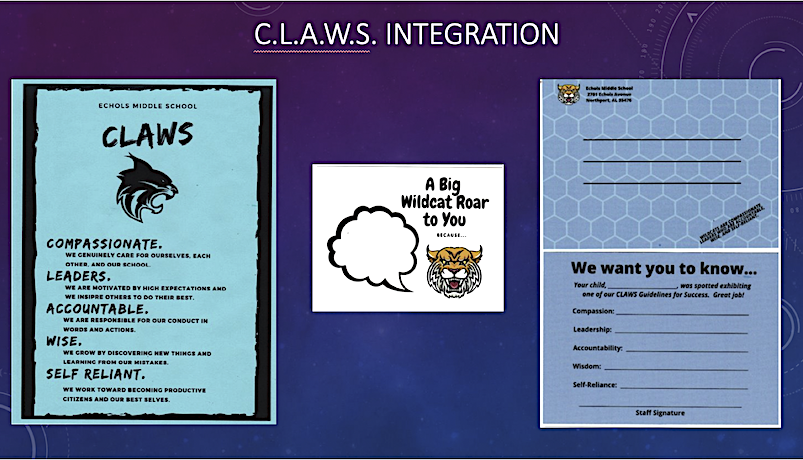
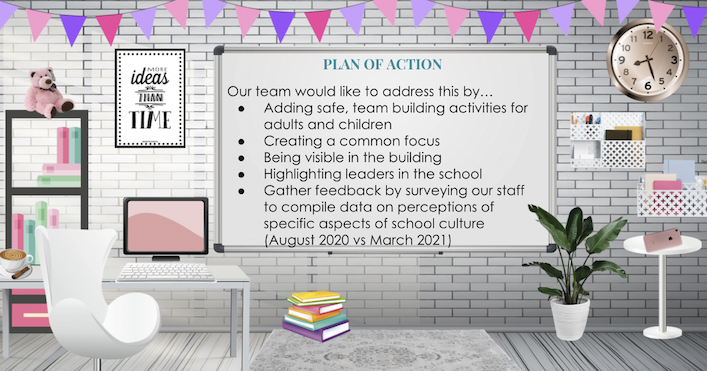

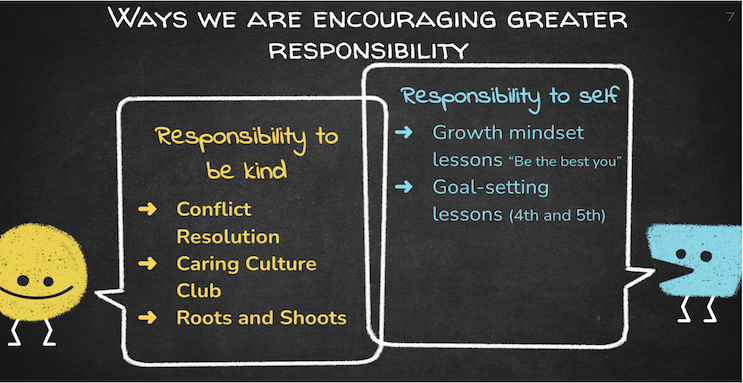
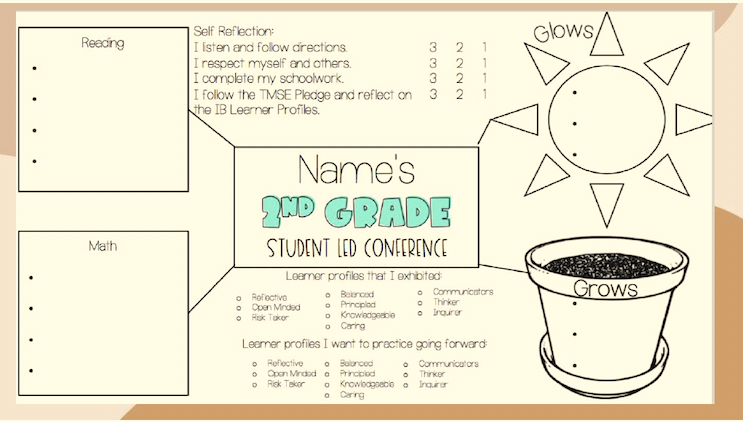
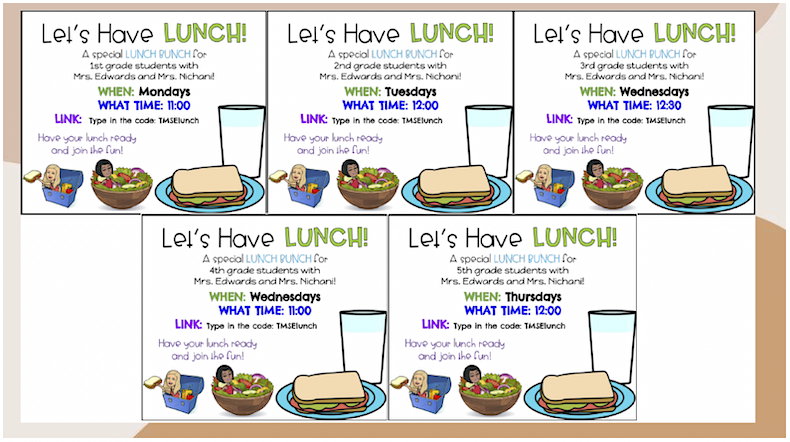

0 Comments on "The School Teams of PCN West: Teaching the Whole Child in a Time of Great Challenge"